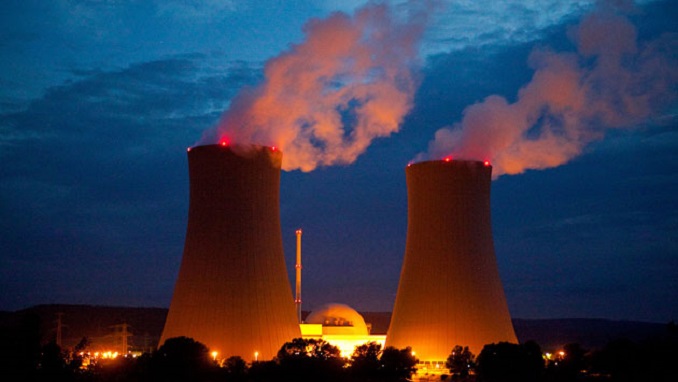Germany will temporarily suspend the phase-out of two nuclear power plants to bolster energy security after Russia cut off gas supplies to Europe’s largest economy, the Guardian reported.
Economics Minister Robert Habeck announced that the Neckarwestheim power plants in Baden-Württemberg and Isar 2 in Bavaria would run longer than planned, so they could be used as an emergency backup until the middle of next year.
Habek said that after a stress test conducted with four network operators, taking into account the worst-case scenarios, they concluded that “hourly crisis situations in the electricity supply system in the winter of 2022/23, although very unlikely, cannot be completely ruled out.”
He insisted that Germany has a “very high security of supply” and that the two nuclear power plants should remain “on standby until mid-April 2023 to provide additional input to the power grid in southern Germany, if necessary.”
The plants will be ready for operation and fully staffed, but only on standby and will not produce electricity unless deemed necessary.
The official added that Germany should continue to stick to its plans, regulated by law, to phase out nuclear power.
The power plants were due to be mothballed by the end of December, the last of Germany’s nuclear power plants to shut down following a 2011 decision by Angela Merkel, then chancellor, in response to the Fukushima nuclear accident in Japan.
However, the upheaval in the energy markets following Russia’s war in Ukraine in February has led to a radical rethinking of policy. Electricity bills across Europe have risen sharply in light of reduced supplies, putting households and businesses under extreme economic pressure as winter approaches.
Discussions about extending the life of plants have sparked heated debate in Germany, where nuclear power has been a source of controversy for decades.

